How Parental Control Can Lead to Learned Helplessness
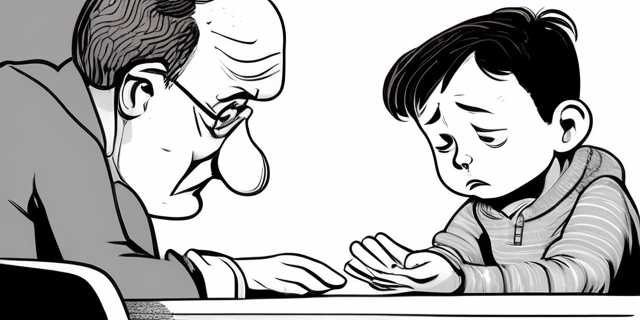
A Childhood Ruled by Fear
Looking back, I can see the patterns so clearly now. My father’s interference in my life wasn’t just about control, it was about making sure I never truly had the power to act on my own. As a child and into my early adulthood, I constantly felt like a puppet, my strings pulled by a man who saw my autonomy as a threat.
One memory stands out. I was in my early twenties, at a time when I was just beginning to navigate social relationships and develop confidence in myself. My father had a friend, and that friend had a daughter my age. In his mind, this was a perfect opportunity. He wanted me to spend time with her, to get to know her, to maybe even form a connection. But this wasn’t about me or my happiness—this was about his own sense of control.
I was shy. I hesitated to speak to her, feeling the weight of his expectations pressing down on me. Still, I made the effort. I started a conversation. We had a brief but pleasant chat, though I know I wasn’t projecting confidence. And in the back of my mind, a familiar fear was already forming. What if this doesn’t work out? What if my dad gets involved?
Because that was always the unspoken rule of my life: if something didn’t go the way my father wanted, he would make it go his way. He would meddle, interfere, manipulate. And if that didn’t work, he would punish me—through words, shame, or actions designed to humiliate me.
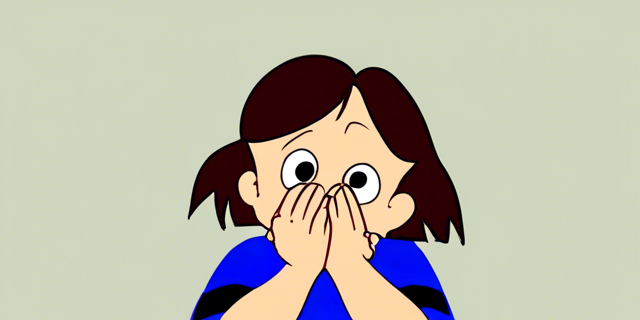
The Anticipatory Anxiety That Followed
A few days after meeting the girl, I found out she was at a party down by the lake. I didn’t go. I didn’t know anyone else there, and the thought of inserting myself into a situation where I felt socially unprepared made me uncomfortable. I had no plans with her, no obligation to show up, and yet—when my father found out, everything changed.
He was furious. He demanded to know why I hadn’t gone. Before I could even explain, he threatened to call his friend—the girl’s father—and shame his daughter for not inviting me personally.
Panic.
This was the feeling I had lived with my entire life. A sudden, overwhelming sense of powerlessness. No matter what I did, my father would interfere, make a scene, and humiliate me in the process.
I didn’t want this girl to get in trouble. I didn’t want to be seen as some pathetic loser whose father had to beg for invitations. And yet, I had no way to stop it. I could feel my body shutting down, my mind retreating into itself, the way it always did when my father’s anger was directed at me.
This was anticipatory anxiety at its peak—an automatic response developed from years of never knowing when or how my father would take control. The worst part? I had expected this. I had feared this exact reaction before it even happened. And it was a fear that had been validated time and time again.
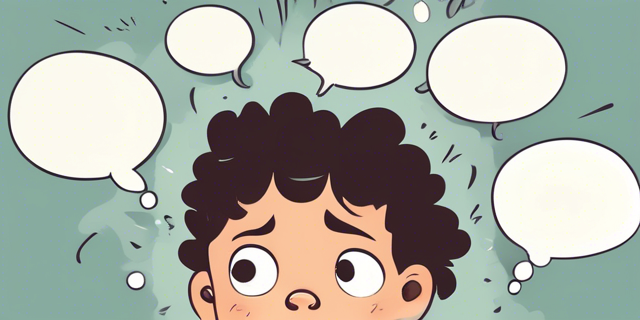
The Birth of Learned Helplessness
What could I do?
Nothing.
This was the reality I had been conditioned to accept. Every time I had tried to assert myself as a child, my father would shut me down. If I protested, he would punish me. If I went to my mother for support, she would tell me to keep quiet and avoid making waves.
It didn’t take long for me to stop trying.
I learned that no matter what I did, my voice didn’t matter. My choices didn’t matter. Only my father’s will mattered. And so, I developed the classic symptoms of learned helplessness:
✔️ Avoidance – It was easier to do nothing than risk the backlash. ✔️ Self-doubt – Even when I wanted to stand up for myself, I questioned whether I was overreacting. ✔️ Fear of Taking Initiative – If I made a choice, there was always a chance my father would intervene and take over. So why try?
This wasn’t just about one moment. It was about every moment like this—every instance where I had no control, where I had to brace myself for the storm that was coming, where I felt powerless to change my own fate.
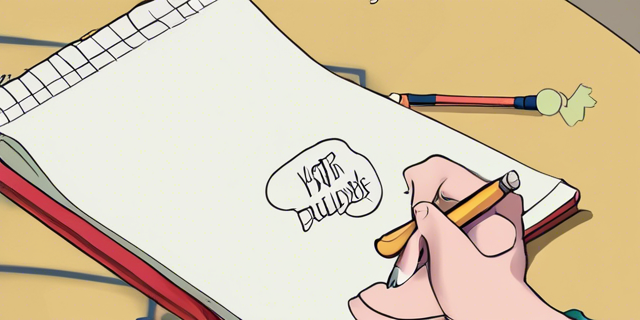
Rewriting the Narrative
The truth is, I was never powerless.
As a child, yes—there was little I could do to stop my father’s control. But as an adult, I do have power. And learning to reclaim it means challenging the deeply ingrained belief that my choices don’t matter.
What if, in that moment of panic, I had stood up to my father? What if I had said:
🗣️ “I didn’t go because I didn’t want to. That’s my choice. You don’t need to interfere.”
Would he have gotten angry? Probably. Would he have continued his threats? Most likely.
But the difference is—I would have claimed my right to make decisions for myself. And that’s what my younger self needed to hear.
So I imagine a different ending to that memory. I visualize a version of me—my future self—stepping in at that moment.
🗣️ “Dad, stop. You don’t control my social life. If I wanted to go, I would have gone. Your interference is not helping me, and I won’t allow it.”
I watch as my father reacts with anger, but this time, I don’t cave in. I let him rage, let him throw his tantrum, and I stand my ground. When he realizes he can’t control me anymore, he stops. The power shifts.
And then, I turn to my younger self—the scared, panicked 20-something who had been paralyzed by fear.
🗣️ “You’re safe now. You don’t have to live in fear anymore. You don’t have to let him make your choices for you. I will stand by you, and together, we will learn to take our power back.”
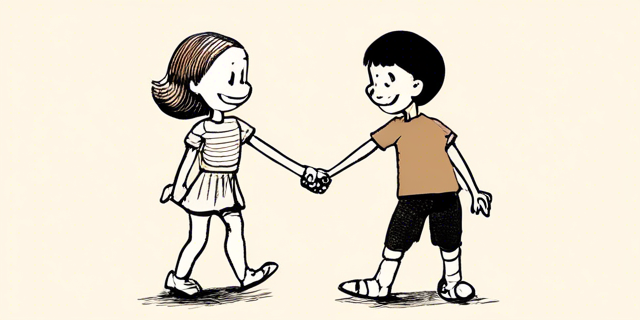
Healing from Learned Helplessness
Recovering from years of narcissistic abuse and anticipatory anxiety isn’t easy, but it is possible. It starts with small, deliberate actions:
✔️ Setting Boundaries – Saying NO without guilt or explanation.
✔️ Taking Small Risks – Making decisions without overanalyzing.
✔️ Rewiring Self-Belief – Reminding myself that my voice matters.
✔️ Facing Discomfort – Allowing myself to sit with the tension instead of avoiding it.
Every time I take a step toward reclaiming my autonomy, I undo a piece of the damage my father caused. And with time, the fear lessens, the anxiety fades, and I become the person I was always meant to be – someone who is free.